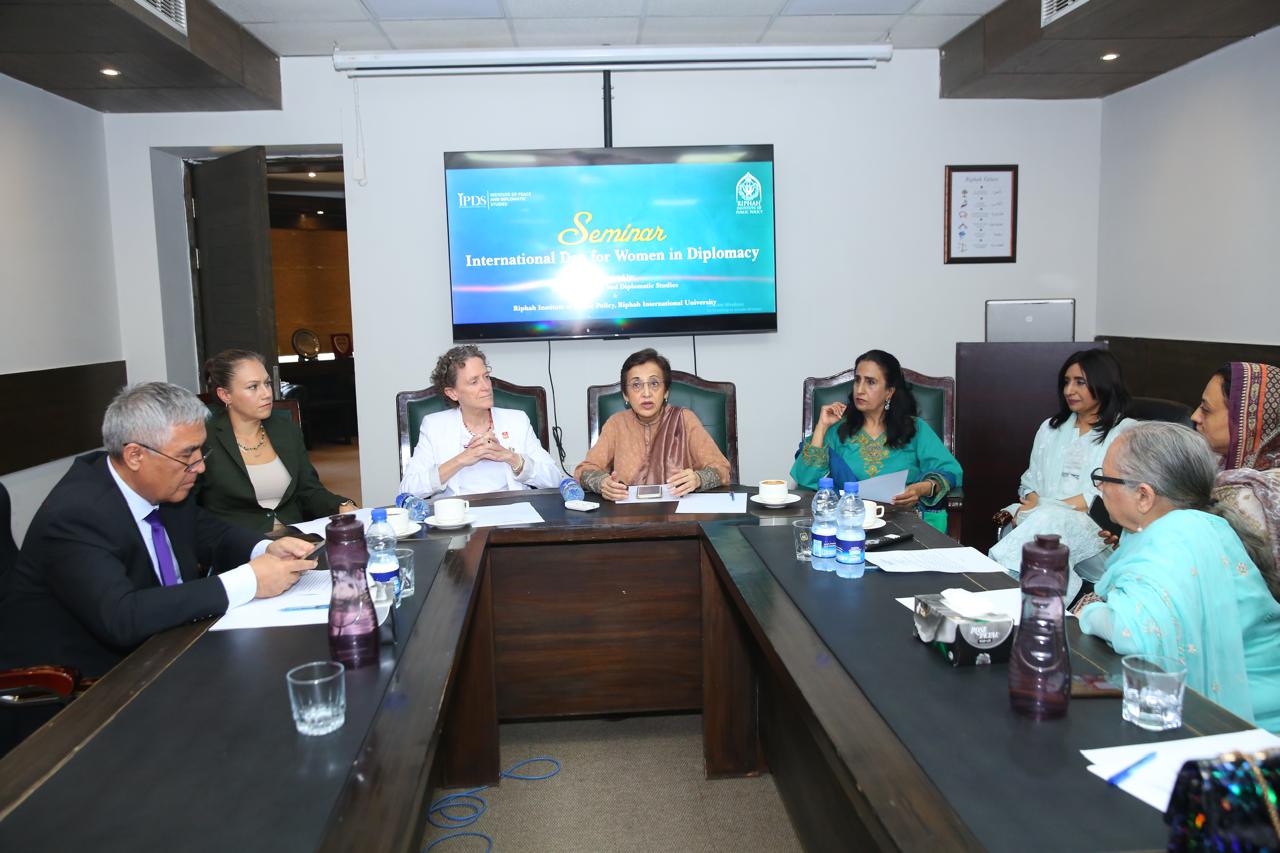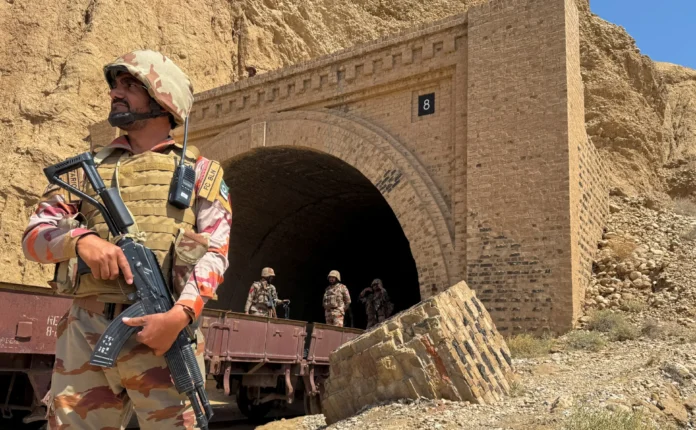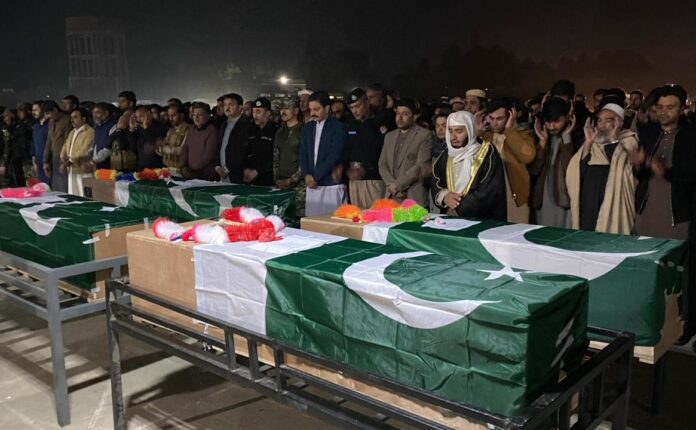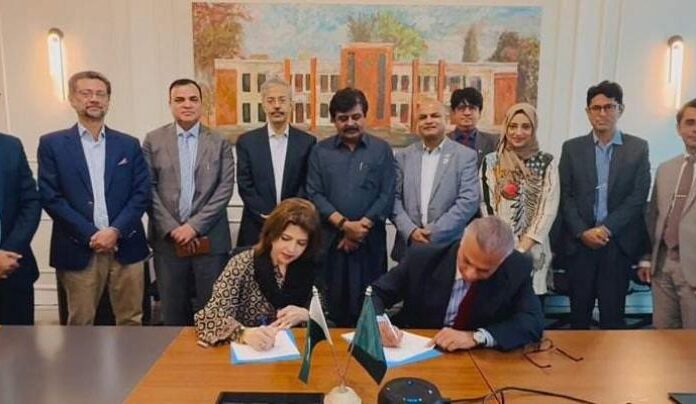Islamabad: Institute of Peace and Diplomacy Studies in collaboration with Riphah Institute of Public Policy held a workshop to celebrate ‘Women in International Diplomacy Day’ at Riphah International University, Islamabad. The event brings together speakers and diplomats to discuss the achievements, challenges and aspirations of women in diplomacy.
Dr. Farhat Asif, President of the Institute of Peace and Diplomacy Studies, opened the seminar with a strong message about the importance of the day.It provides a great opportunity to reflect on the achievements, challenges and aspirations of women diplomats around the world,” said Dr Asif.
Ambassador Tehmina Janjua, Pakistan’s first female Foreign Minister, emphasized the importance of women in strategic matters. He commended the United Nations for its commitment to commemorate this important day. She highlighted three important aspects of women in diplomacy: the importance of women’s participation in decision-making, the unique perspective women bring to diplomacy, and the need to consider gender in diplomatic practice. Ambassador Janjua said, “There is a need for diplomacy to address the level of women’s participation in decision-making and remove barriers to their advancement.”
Canada’s High Commissioner to Pakistan, Leslie Scanlon, spoke of progress being made in appointing women to diplomacy, while acknowledging that there is still work to be done. “Celebrating women in diplomacy recognizes progress, while also highlighting the work that needs to be done.
Mumtaz Zahra Buluch, spokesperson for Pakistan’s Ministry of Foreign Affairs, gave a strong perspective on the growing role of women in Pakistan’s diplomatic landscape. She highlighted the ministry’s efforts to promote gender equality and create opportunities for female diplomats. “The Department of Foreign Affairs is committed to creating an inclusive environment where women can flourish and contribute to our diplomatic mission. “We know the extraordinary things that women bring to diplomacy and aim to improve the profession,” he said, also emphasizing the importance of visibility and representation in encourage young women to pursue careers in diplomacy.
Ms. Dilshad Senol, representative of the Turkish Republic of Northern Cyprus in Islamabad, gave a regional and global perspective on women’s contribution to diplomacy, highlighting key conventions signed to ensure global inclusion. She emphasized the importance of exchange and cooperation in strengthening the role of female diplomats.
Ambassador Naela Chohan, former Special Secretary, Pakistan’s Ministry of Foreign Affairs, reflects on the historical contributions of women diplomats and their changing roles over time. She called for continued advocacy and action to ensure women are equally represented and heard in diplomatic forums. Ambassador Chohan spoke about the importance of mentoring and support systems for women in diplomacy. Experienced women diplomats must nurture and guide the next generation, ensuring continuous development and empowerment.
Senator Sitara Ayaz, Secretary General of the International Parliamentary Congress (IIPC), shared her experiences and insights on the legislative efforts needed to support women in diplomacy. She stressed the importance of creating supportive policies and frameworks that facilitate women’s active participation and leadership in diplomatic roles.
Senator Dr. Zarqa Suharwardy Taimur emphasized the important influence of women at the decision-making table in policy formation. She says women bring unique insights and perspectives that lead to more comprehensive and effective solutions. However, she highlighted the huge challenges women face in politics, including gender and systemic barriers. She emphasized the importance of mentoring and support systems and urged experienced women diplomats to guide and empower the next generation.
Dr. Rashid Aftab, Director Riphah Institute of Public Policy, gave a closing speech and summarized the key points discussed and reiterated the importance of gender equality in diplomacy.
The workshop served as a platform to celebrate the achievements of women diplomats and overcome the challenges they face. This highlights the need for sustained efforts to promote gender equality and recognize the invaluable contribution of women







